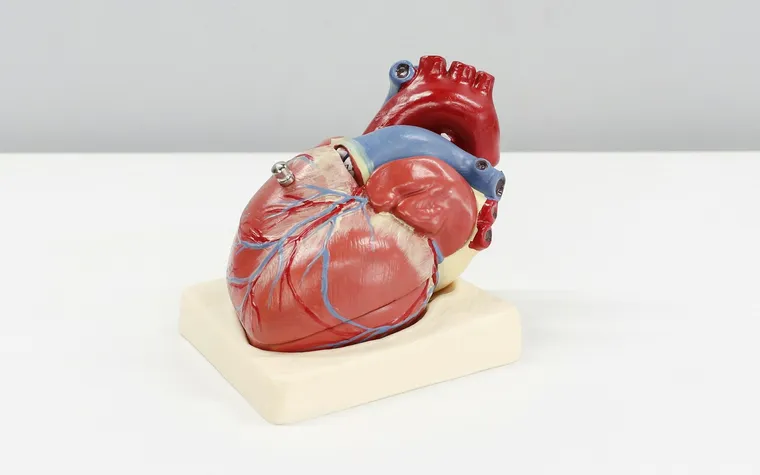Atrial fibrillation, commonly known as Afib, is a heart condition that causes an irregular and often rapid heartbeat. It occurs when the heart’s electrical signals become disorganized, leading to ineffective pumping. While it is not always life-threatening, Afib can increase the risk of stroke and other heart-related complications if not properly managed. Understanding the symptoms and available treatments for Afib is crucial for those affected by the condition.
Symptoms of Afib
The symptoms of Afib can vary from person to person. Some individuals may not experience any noticeable symptoms, while others may have severe effects. The most common symptoms include:
- Irregular Heartbeat: A noticeable fluttering or pounding sensation in the chest.
- Fatigue: Feeling unusually tired or weak, even after rest.
- Shortness of Breath: Difficulty breathing, especially during physical activity.
- Dizziness or Lightheadedness: Feeling faint or unsteady.
- Chest Pain or Discomfort: In some cases, Afib can cause chest pain, although this is less common.
It is important to recognize these symptoms early, as they may indicate an underlying heart problem that requires medical attention. If you experience any of these symptoms, particularly chest pain or difficulty breathing, it is crucial to seek immediate medical help.
Treatments for Afib
The treatment for Afib typically involves a combination of lifestyle changes, medications, and in some cases, medical procedures. The goal is to control the heart rate, restore a normal rhythm, and reduce the risk of stroke. Common treatments include:
- Medications: Antiarrhythmic drugs can help restore a normal heart rhythm, while blood thinners (anticoagulants) may be prescribed to reduce the risk of blood clots and stroke.
- Rate Control: Beta-blockers and calcium channel blockers are commonly used to control the heart rate and prevent it from becoming too fast.
- Cardioversion: In some cases, electrical cardioversion may be used to restore normal heart rhythm. This procedure involves delivering a shock to the heart to reset its rhythm.
- Catheter Ablation: This minimally invasive procedure targets and destroys the tissue causing irregular electrical signals in the heart, providing a long-term solution for some patients with persistent Afib.
In addition to these treatments, lifestyle changes such as reducing alcohol consumption, managing stress, and maintaining a healthy weight can help improve outcomes for people with Afib. Regular exercise and a heart-healthy diet also play an important role in managing the condition.
If left untreated, Afib can lead to serious complications such as stroke or heart failure. Therefore, it is essential for individuals with Afib to work closely with their healthcare providers to determine the most appropriate treatment plan and regularly monitor their heart health.

